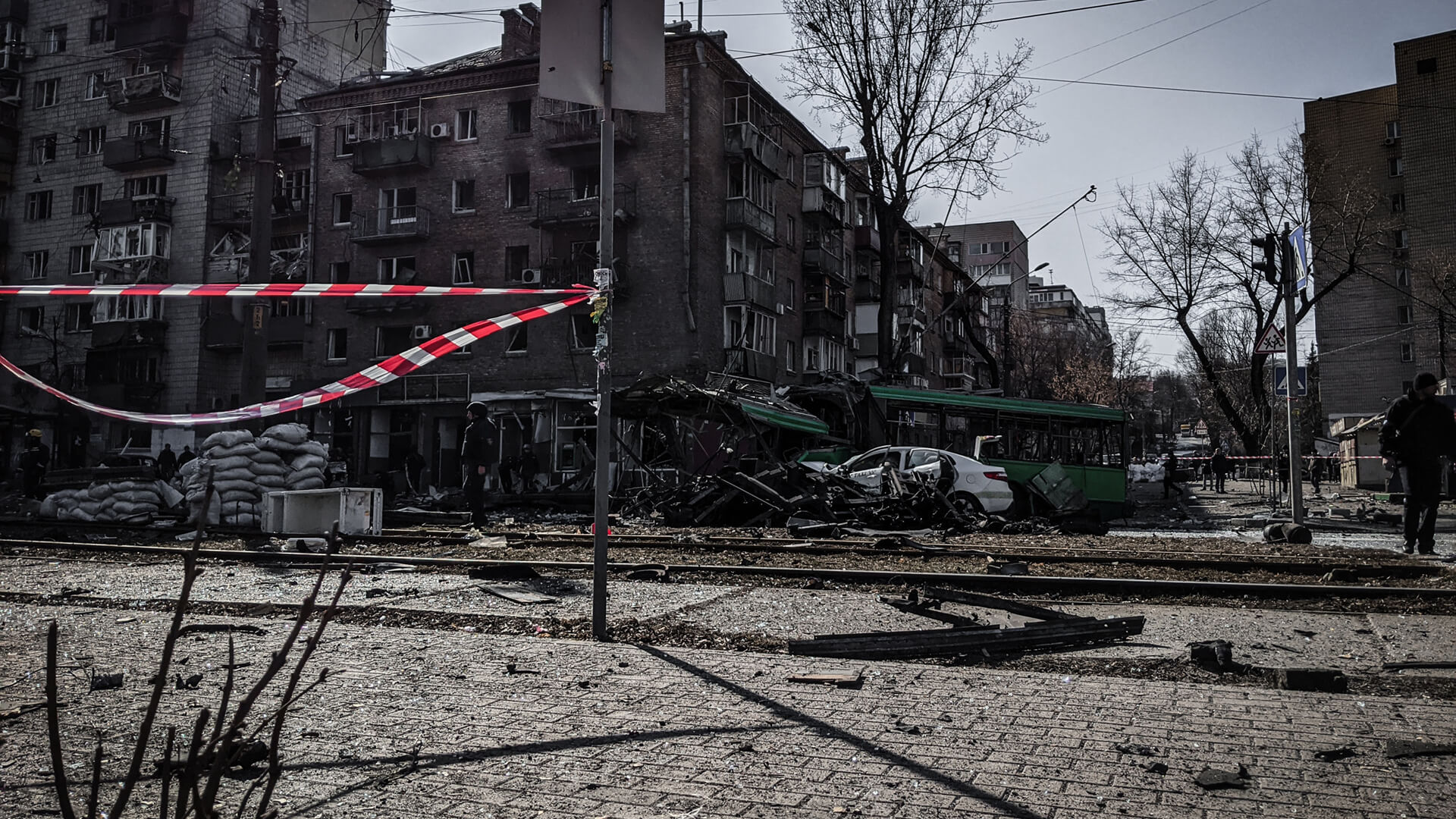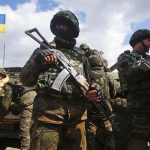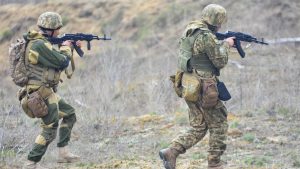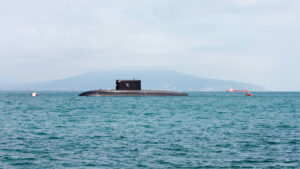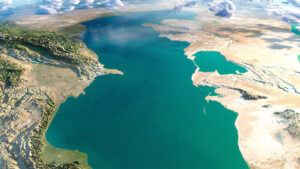When a country views a conflict as existential, putting a timeline on it is nearly impossible. So no matter how well (or bad) this Ukrainian counter-offensive plays out, we are only at the beginning of a long, drawn-out war.
For the Russians, war doesn’t stop in Ukraine; it stops once they have captured enough land or territory deemed critical to their survival. So we’re no longer talking about Kyiv or Crimea…we’re talking about Russia moving west and trying to occupy former strategic positions the Soviets held, like Warsaw.
So what does that mean for the Ukrainians? If they are going to stop the Russians from waging war again, not only do they need to take back all of their lands…they need to take the fight to the Russians.
No matter how the Ukraine War plays out, we are looking at an extreme breakdown of the security order. Either Russia emerges victorious, and a confrontation with NATO is in the cards – OR – Ukraine comes out on top and sends the Russian State down a path of disintegration.
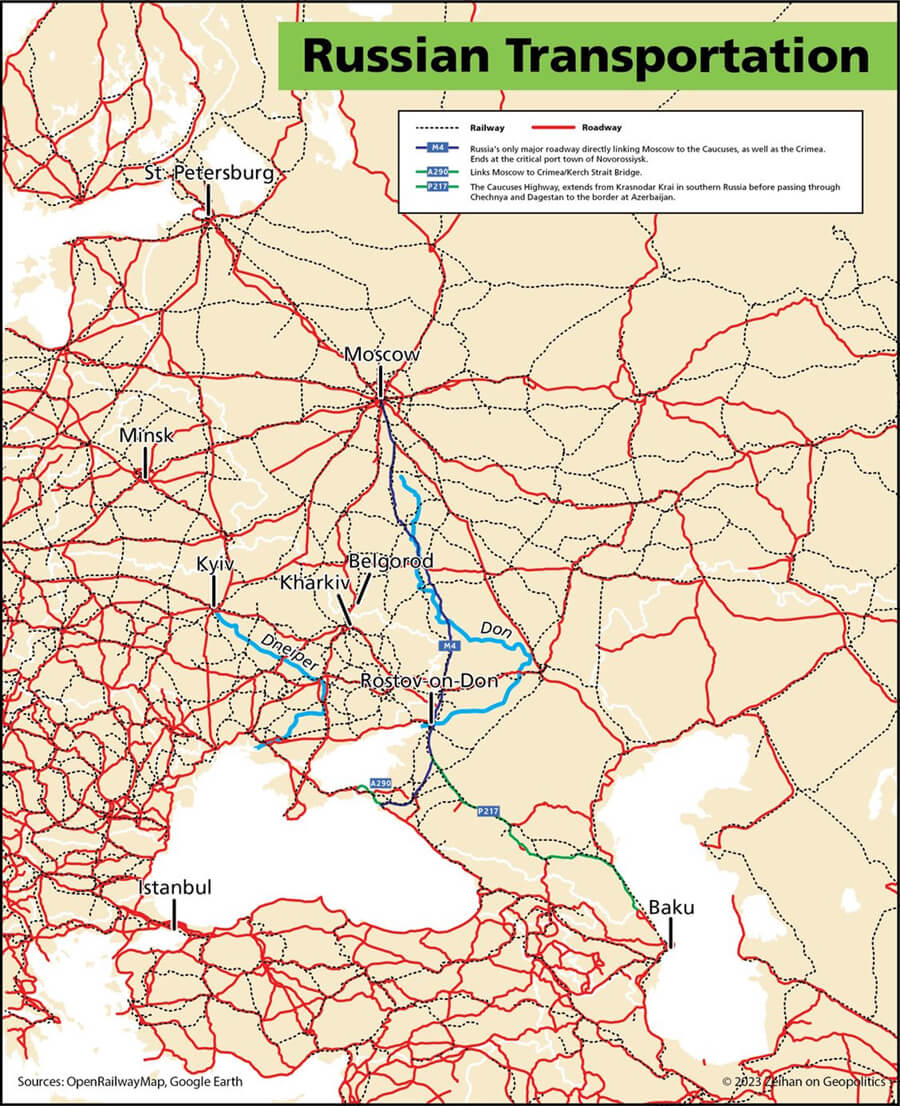
Prefer to read the transcript of the video? Click here
Here at Zeihan On Geopolitics we select a single charity to sponsor. We have two criteria:
First, we look across the world and use our skill sets to identify where the needs are most acute. Second, we look for an institution with preexisting networks for both materials gathering and aid distribution. That way we know every cent of our donation is not simply going directly to where help is needed most, but our donations serve as a force multiplier for a system already in existence. Then we give what we can.
Today, our chosen charity is a group called Medshare, which provides emergency medical services to communities in need, with a very heavy emphasis on locations facing acute crises. Medshare operates right in the thick of it. Until future notice, every cent we earn from every book we sell in every format through every retailer is going to Medshare’s Ukraine fund.
And then there’s you.
Our newsletters and videologues are not only free, they will always be free. We also will never share your contact information with anyone. All we ask is that if you find one of our releases in any way useful, that you make a donation to Medshare. Over one third of Ukraine’s pre-war population has either been forced from their homes, kidnapped and shipped to Russia, or is trying to survive in occupied lands. This is our way to help who we can. Please, join us.
CLICK HERE TO SUPPORT MEDSHARE’S UKRAINE FUND
CLICK HERE TO SUPPORT MEDSHARE’S EFFORTS GLOBALLY
TRANSCIPT
Hey everyone. Peter Zeihan here today. We’re doing part three of our Ukrainian Counteroffensive series. In blast sections, we explain why we going have to wait a little bit longer to get rid of the mud and how the Russians are going to go after the food supply, as well as the most likely, you know, smart plan that the Ukrainians are likely to fall.
Today, I think it’s worth underlining that even if the Ukrainians are wildly successful or horribly unsuccessful, we are really only at the beginning of a very long, drawn out military conflict here because for the Russians they see this conflict as existential and only a step one. The problem is that Russian territory is really poor and it’s flat and it’s open and it can’t support a very high population density.
So the only strategy that the Russians have ever discussed, heard in the last 400 years that allows them a degree of security is for them to expand out beyond the territories they hold to absorb ethnic group after ethnic group, of which the Ukrainians are only one of many, and eventually expand until they reach a series of geographic barriers that are not flat and open.
And in the case of Ukraine, that means the Caucasus Mountains and the Carpathians and the Baltic Sea, which means that Ukraine is not the end here. The Russians are going to go until they reach a geographical crustal defense that they can man with their rapidly declining demographic structure. And that means even if the Ukrainians fall to a man, even if they’re wiped out completely, the Russians are not done.
They will then come for Romania and Poland and Estonia and Latvia and Lithuania and probably Finland as well. So the Russians minimum victory is in the territories they hold now. It’s not holding up the Crimea. It isn’t Kyiv, it isn’t the vault, it’s Warsaw. And that’s a different sort of conflict that people have been preparing for at this point.
But for the Russians, that is the minimum that will give them what they need, a physical security. Now, what about the Ukrainians? Now, the Ukrainians say they’re going to liberate every inch of territory, which includes the entirety of Lugansk, Donetsk and the Crimea. Only that doesn’t make them any more secure. It gives them a little bit better strategic depth.
It gives them some of their industrial heartland and some of their coal and steel industry back. But at the end of the day, that doesn’t stop the Russians, because for the Russians, this is a battle for their existential survival. And even if they are ejected from Ukraine, they will not stop. They will rearm. They will rest. They will recruit, and they will make another attempt.
So if the Ukrainians are to prevent the Russians from actually waging war, if they’re going to stop this from happening again after they get the Donbas and Crimea, they then need to cross into Russia proper and then neutralize to specific urban areas that serve as logistical hubs. The first is Belgorod, which is just north of Kharkiv, which serves as the primary artery for transporting materiel, men and fuel into the northern aspects of the front.
If Belgorod could be neutralized, if the rail and the roads could be taken out of, the industrial infrastructure could be destroyed. If the fuel centers could be removed, then the Russians would have to proceed on foot on that front, and that is not a feasible option in an industrial war. The second one is much more complicated. It’s further to the southeast.
It’s called Rostov on Don. It’s a it’s a port city on the Don River. And it serves as the only logistical hub for supplying the entirety of the southern front. Not only can you get into Donetsk and Luhansk from there, that’s the only way you can get into the Crimea. It’s the other side of the bridge, if you will.
Now, if, if, if, if if the Ukrainians were to take the war to this point, there would be more going on here than simply preventing the Russians from launching another assault. It would also be about crippling Russia’s ability to maintain its own territorial coherence. Rostov on Don also serves as the primary logistical point to connect the greater Moscow region, where most Russians live south through road and rail to Rostov on Don, and then further south to the Caucasus, which is one of those all important barrier points that the Russians feel they must control.
And for those of you who have been asleep for the last 30 years, there’s an ethnic group there called the Chechens at the very end of that chain of Chechnya in Pakistan. If if if the Ukrainians were to succeed in neutralizing Rostov on Don, you can bet your ass that the Chechens going to launch a third rebellion. And this time the Russians wouldn’t be able to easily reinforce force or assault the Chechens, meaning that this time it would probably be successful, especially when you consider that the Ukrainians have already soaked up a lot of the military equipment and ammo that the Russians had stockpiled since 1945.
So what we’re looking at here one way or another, is an extreme breakdown of the security order. Either the Russians win, which means Ukraine ceases to exist and we’re in a direct nuclear confrontation between NATO’s in Russia or the Ukrainians win and neutralize Russia’s ability to control large chunks of its own territory, likely heralding the disintegration of the Russian state itself, which also has nuclear connotations.
So a lot of countries in the West have, in my opinion, been doing the right thing in the right order and almost even at the right speed in order to fight the Russians back. But I don’t think a lot of brain power has been dedicated to what happens the next day if one side actually wins this round. Now, luckily, even in the most outsized Ukrainian success this year, this is not a problem for 2023. 2024 however….

